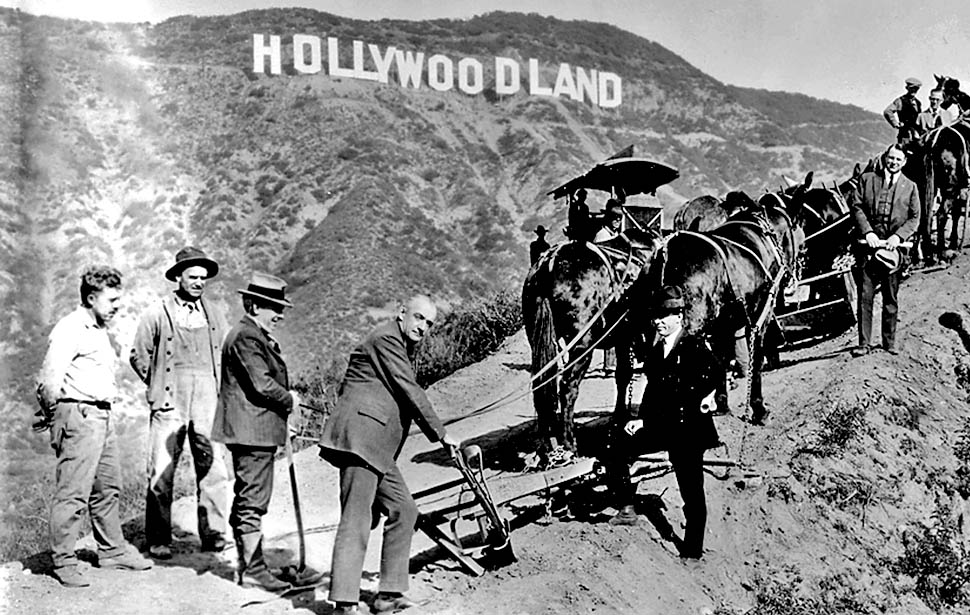In case you haven’t been keeping up lately with all the negativity about another apocalyptic ‘end of the film business’ declaration, which usually cycles around every decade or so, then here are a few recent pieces with quotes from some Hollywood heavyweights.
One headline reads: Steven Spielberg Predicts ‘Implosion’ of Film Industry
Steven Spielberg on Wednesday predicted an “implosion” in the film industry is inevitable, whereby a half dozen or so $250 million movies flop at the box office and alter the industry forever.
George Lucas agreed that massive changes are afoot, including film exhibition morphing somewhat into a Broadway play model, whereby fewer movies are released, they stay in theaters for a year and ticket prices are much higher.
For the whole head scratching piece — http://www.hollywoodreporter.com/news/steven-spielberg-predicts-implosion-film-567604
And on an a similar front: Lynda Obst: Hollywood’s completely broken
I leaned back a little on Peter’s comfortable couch, and he sat forward to say, “People will look back and say that probably, from a financial point of view, 1995 through 2005 was the golden age of this generation of the movie business. You had big growth internationally, and you had big growth with DVDs.” He paused to allow a gallows laugh. “That golden age appears to be over.”
There it was. Technology had destroyed the DVD. When Peter referred to the “transition of the DVD market,” and technology destroying the DVD, he was talking about the implications of the fact that our movies were now proliferating for free—not just on the streets of Beijing and Hong Kong and Rio. And even legitimate users, as Peter pointed out, who would never pirate, were going for $3 or $4 video-on-demand (VOD) rentals instead of $15 DVD purchases.
The article is an excerpt from her recent book Sleepless in Hollywood — http://www.salon.com/2013/06/15/lynda_obst_hollywoods_completely_broken/
So, this time it appears there are new culprits to this new ‘end of Hollywood’; new technology, declining DVD sales, and digital piracy. Whereas it is obvious those things are changing the industry, and are cause for concern, they are just signaling new challenges and growing pains for a morphing industry, which it has gone through several times in its 100+ years of history.
Interestingly enough, one of the ironies of the Spielberg/Lucas piece is that they were two of the main ones responsible for creating Hollywood’s blockbuster mentality to begin with. So now here we are on the other end of it, and they are declaring it’s demise. Ha…
Personally I prefer this take a little more, although I don’t totally agree with it:
Why Spielberg And Lucas Are Wrong About The Film Industry ‘Implosion’
But if you look a little closer, and especially if you look outside of the summer season, you’ll see a return of the kind of smartly-budgeted, often star-driven *movie* that everyone claims never gets made anymore. It’s not a perfect system, but it’s actually better and healthier for audiences than it was even half-a-decade ago.
The whole article — http://www.forbes.com/sites/scottmendelson/2013/06/20/why-spielberg-and-lucas-are-wrong-about-the-film-industry-implosion/
And then there’s this, which came out a couple months ago:
Steven Soderbergh’s State Of Cinema Talk
But before we talk about movies we should talk about art in general, if that’s possible. Given all the incredible suffering in the world I wonder, what is art for, really? If the collected works of Shakespeare can’t prevent genocide then really, what is it for? Shouldn’t we be spending the time and resources alleviating suffering and helping other people instead of going to the movies and plays and art installations? When we did Ocean’s Thirteen the casino set used $60,000 of electricity every week. How do you justify that? Do you justify that by saying, the people who could’ve had that electricity are going to watch the movie for two hours and be entertained – except they probably can’t, because they don’t have any electricity, because we used it. Then I think, what about all the resources spent on all the pieces of entertainment?
The transcript of his whole speech (be warned, it’s fairly long) — http://www.deadline.com/2013/04/steven-soderbergh-state-of-cinema-address/
Soderbergh makes some very valid points here, but it is fair to say that any of us can craft bits and pieces from each of these to come to our own reality of what is going on here.
But in the whole scale of things, does any of this even really matter? Personally I think we all consume too much media, and I’m not sure how healthy that is on our psyche. If this whole industry just went away, how bad would that really be? Sure lots of us working in the industry would be impacted, but what about society as a whole? I think if you step back a bit, there really isn’t any negative here. Maybe it’s just life evolving, and moving on.
JAD

Recent Comments